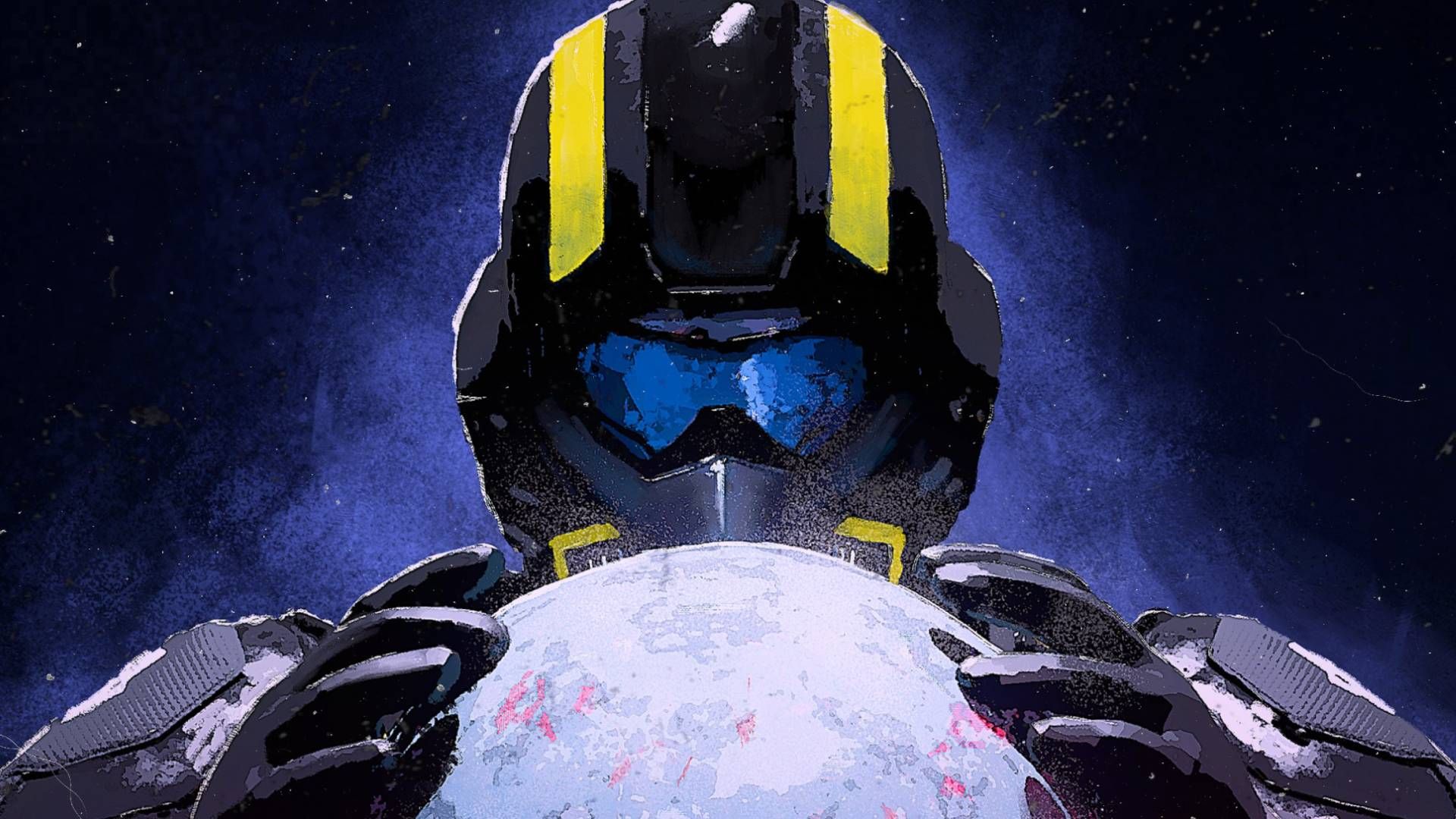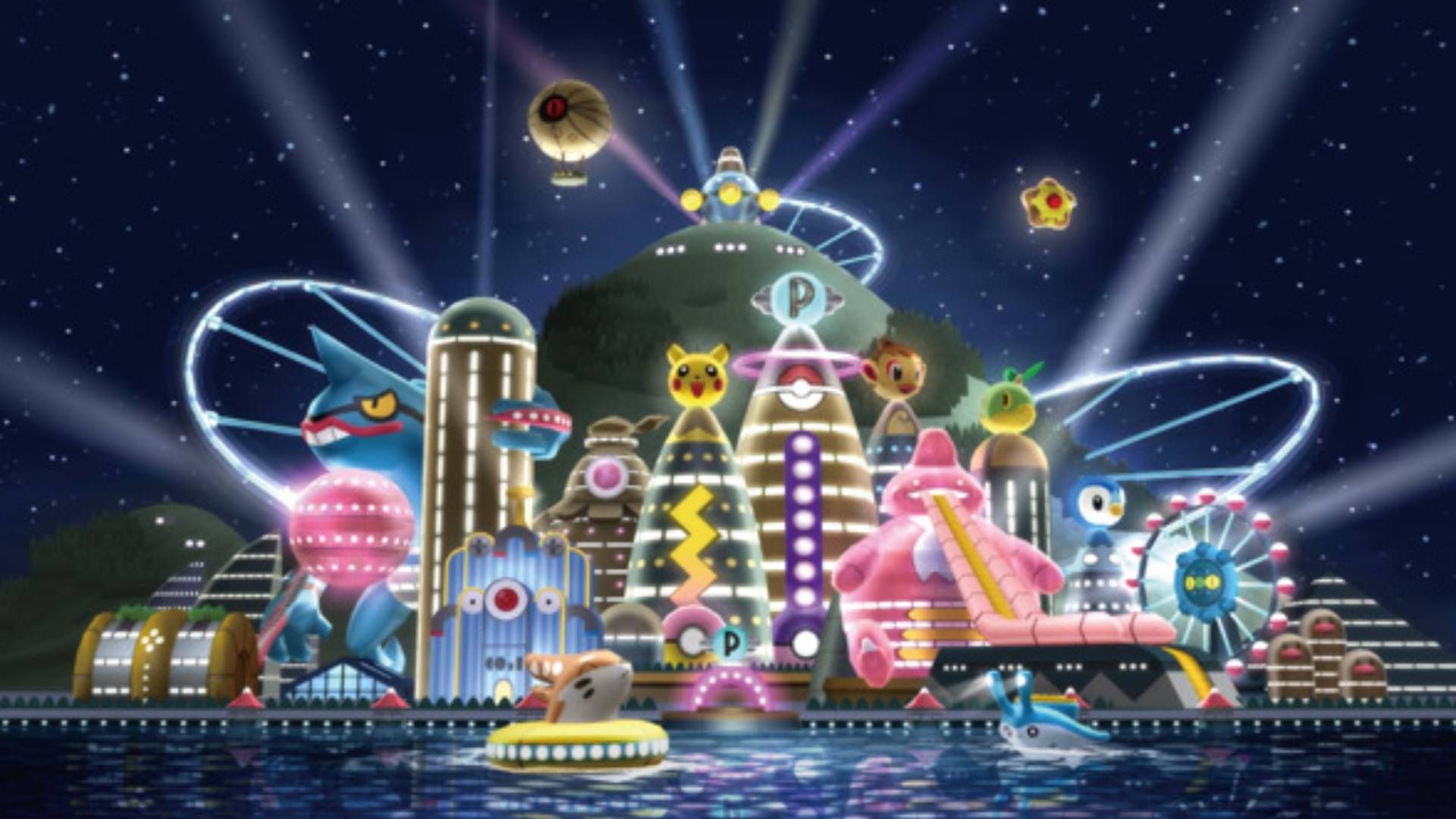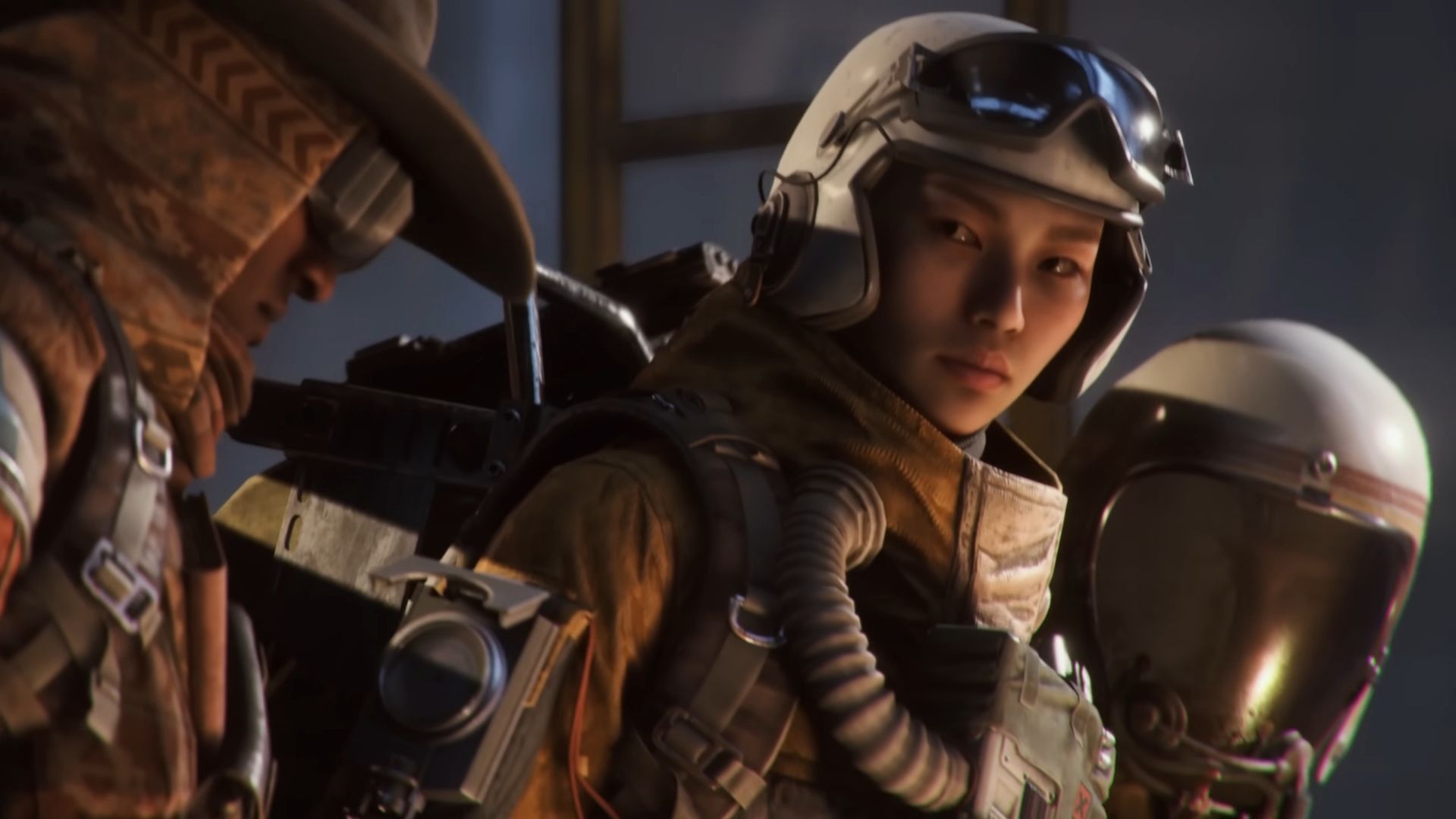
WHY I LOVE

In Why I Love, PC Gamer writers pick an aspect of PC gaming that they love and write about why it’s brilliant. Today, Andy goes for a pint of ale in his favourite virtual pub.
The adventures of George Stobbart—the unlikely hero of Revolution’s Broken Sword series—have taken him to every corner of the globe, from the streets of Paris to the jungles of Central America. But it’s a brief sojourn in Ireland in the first game that remains my favourite moment in the series. Chasing an ancient Templar artefact, Stobbart arrives in the remote, sleepy village of Lochmarne, and his first port of call is a charming rural pub called MacDevitt’s.
Depictions of pubs in games, or any medium for that matter, are rarely accurate. But Broken Sword’s boozer will be instantly familiar to anyone who’s ever enjoyed an ale in the kind of spit-and-sawdust boozer you find hidden down a cobbled backstreets, defiantly unblemished by Wi-Fi and craft beer. Stobbart steps in, and it’s a surprise the guy torturing the fiddle in the corner doesn’t suddenly stop playing. Our hero sticks out like, well, a goofy Californian lawyer in a rustic Irish tavern.
Stobbart approaches the bar and greets the landlord with a breezy “Top of the morning to you!” in a bad Irish accent. He’s unimpressed. “I beg your pardon?” he replies, clearly used to dealing with brash tourists. “That’s what you Irish say, isn’t it?” says Stobbart, endearingly oblivious to his lack of cultural awareness. “Do you want something, or are you just flaunting your xenophobia?” Stobbart, eager to smooth things over and restore Irish-American relations, asks the barkeep for a beer.

“Is this your first pint of real ale?” he asks. Stobbart says it is, and he proudly explains how it’s “brewed from natural ingredients to traditional methods.” Hearing this, another patron sitting by the bar chips in. “In other words,” the man says. “It’s flat and warm with bits in, and it makes you fall over.” Undeterred, Stobbart downs a pint of the murky brown ale. Most players will stop here, but it’s actually possible to keep ordering more pints, and Stobbart gets increasingly drunk and rowdy if you do so.
“Have you ever considered turning MacDevitt’s into a cocktail bar?” he asks after a few too many jars. “Cocktails are chic, cool, and popular with young drinkers!” The barkeep baulks at the idea. “Kids in the bar? Can you imagine it? Pinball, pimples, and puke!” Keep drinking the ale and Stobbart will eventually be (wisely) refused another. “Gimme another beer, dude!” he shouts. “Give everyone another beer! Let’s party!”
And that’s the end of his brief relationship with real ale. MacDevitt’s is the best depiction in a game of the afternoon drinking session that spirals out of control—albeit condensed into the space of ten minutes. It feels remarkably like a real pub, perfectly capturing the ambience of traditional watering holes. The writers—Charles Cecil, Dave Cummins, and Jonathan Howard—avoided the usual Irish stereotypes, but not entirely. It’s still a caricature of the Emerald Isle, but a loving, rather than a cynical, one. If I could have a pint in any virtual saloon, it would be this one.


